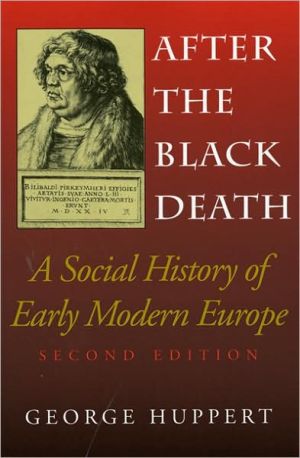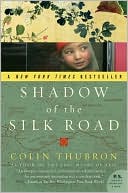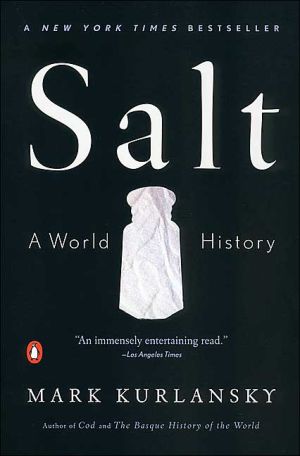After the Black Death
Praise for the first edition:\ "To give a sense of immediacy and vividness to the long period in such a short space is a major achievement." —History\ "Huppert’s book is a little masterpiece every teacher should welcome." —Renaissance Quarterly\ A work of genuine social history, After the Black Death leads the reader into the real villages and cities of European society. For this second edition, George Huppert has added a new chapter on the incessant warfare of the age and thoroughly updated...
Search in google:
Praise for the first edition:"To give a sense of immediacy and vividness to the long period in such a short space is a major achievement." — History"Huppert's book is a little masterpiece every teacher should welcome." — Renaissance QuarterlyA work of genuine social history, After the Black Death leads the reader into the real villages and cities of European society. For this second edition, George Huppert has added a new chapter on the incessant warfare of the age and thoroughly updated the bibliographical essay. Library Journal In the flood of books in European social history, this superb synthesis will surely stand out. It is based on specialized studies of social changes across early modern Europe (but primarily in France) that led to the Industrial and the French revolutions. Structured around communitiesvillages, towns, and citiesit offers a mine of fresh information about elites, the middle classes, the poor, demographic trends, marriage patterns, education, crime, social rebellions, and sexuality. As in late medieval, so in early modern Western Europe, the nuclear family of four or five people was the general norm. College teachers, students, anyone interested in the social life of the modern West will appreciate this beautifully written, soundly researched, and highly knowledgeable book. Bennett D. Hill, St. Anselm's Abbey, Washington, D.C. Kammen, Michael. A Machine That Would Go of Itself: the Constitution in American culture.
PrefaceIThe Eternal Village1IIThe Freedom of the City14IIIThe Urban Community30IVThe Urban Elite41VThe Privileged Estates56VIThe Evolution of Rural Society67VIIRebellion80VIIIOn the Margins of the Community101IXPrivate Lives117XWorldly Minds134XIWar and Plunder149XIIConclusion164Notes167Suggestions for Further Reading175Index181
\ Library JournalIn the flood of books in European social history, this superb synthesis will surely stand out. It is based on specialized studies of social changes across early modern Europe (but primarily in France) that led to the Industrial and the French revolutions. Structured around communitiesvillages, towns, and citiesit offers a mine of fresh information about elites, the middle classes, the poor, demographic trends, marriage patterns, education, crime, social rebellions, and sexuality. As in late medieval, so in early modern Western Europe, the nuclear family of four or five people was the general norm. College teachers, students, anyone interested in the social life of the modern West will appreciate this beautifully written, soundly researched, and highly knowledgeable book. Bennett D. Hill, St. Anselm's Abbey, Washington, D.C. Kammen, Michael. A Machine That Would Go of Itself: the Constitution in American culture.\ \








